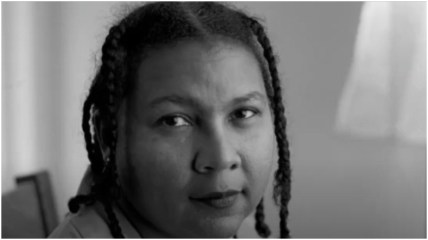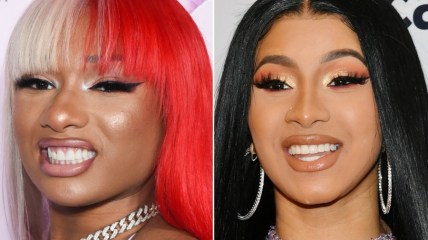What bell hooks taught us
OPINION: Four burgeoning Black women writers tell theGrio how the works of the Black feminist scholar inspire them to be their best selves.
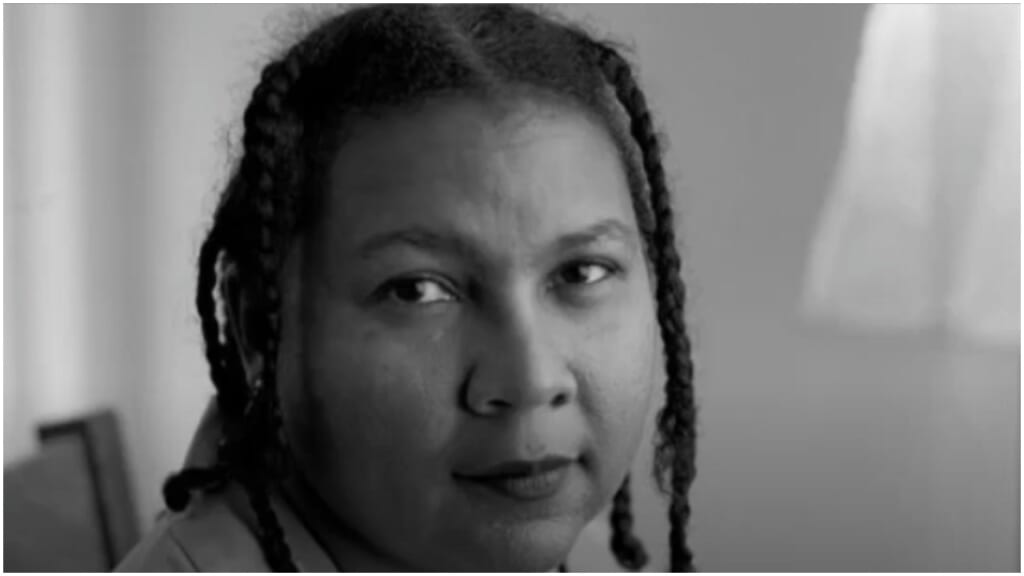
In the wake of the loss of renowned author, Black feminist scholar and activist bell hooks, theGrio gathered four burgeoning Black women writers to ask how her work, life and scholarship affected them in the present. Our question to this collective was simple:
What does bell hooks work ask of you?
Breya Johnson: Reordering myself
bell hooks’ work makes many demands of me as a writer, educator, organizer, and person. After reading her at the early age of 15 years old, I knew instantly my life would change. The work demanded my reordering of the self because the world explicitly demanded Black feminism be more than a lifestyle/identity.
It is impossible to read her work and not be compelled to move towards some type of transformation. Her work reflects our deepest pain while she challenges us to move beyond that pain. bell hooks had a serious commitment to the transformation of the self. You could argue that she believed transforming the world also required transforming oneself.
Teaching to Transgress: Education as the Practice of Freedom was one of the most life-changing hooks books for me. Her work asked the world of me as an educator and as someone who works with youth. Her work demanded I see theory as a location for transformation and healing. A location to begin world-making and world destruction. While simultaneously reminding me that this location is not INHERENTLY radical or revolutionary. It is because of her that I see the classroom as a site of possibility and that everything we want to see must become our practice…our ritual.
When I was an undergraduate student, her commitment to personal narrative/confession showed me I did not have to leave myself at the door in my writings. She asked me to write the personal into the political by demonstrating it time and time again. Most importantly, her work constantly asks me to go places the people around me will not go. Her demands are an act of certain principled courage inside me when I think about what it means to be the Black feminist killjoy.
I do not believe that bell hooks was “fearless”; I rarely ever believe that about anybody. I believe she held many fears all within her body, and she used writings, teaching, and community the best way she could to help move her beyond those fears. Her work compels me to sit with the name “I am afraid. I am feeling pain. I am bothered by this,” and from that acknowledgment, I explore the why and how systems/cultures of domination can inflict such feelings within me. My work is forever asking me to FEEL honest, to move away from an estrangement of the self and those I am accountable to. Her work demanded I take up confessional witnessing and the Back feminist tradition of storytelling.
Najma Sharif: The courage to write
bell hooks asks me to interrogate my position in the world. She pushes me to the most loving version of myself. She asks me to be vulnerable and daring. Without bell hooks, I don’t know who I’d be as a writer. I think most people are familiar with All About Love; she undeniably left us with a blueprint for living. hooks was rebellious in the face of white domination. hooks’ impact on my thinking is something I’ll be processing for a long time; she made me feel comfortable with analyzing pop culture because “that’s where the pedagogy is.” I spent my childhood rummaging through magazine stands, imagining my words on those pages.
When I read “Outlaw Culture,” I instantly knew what I wanted to do. Nothing about Black culture and life was insignificant to hooks. She firmly described herself as a genius and compelled me to wonder why more women weren’t considered geniuses, so I started to name the geniuses I knew right now and celebrated them publicly. In a time when every critique is flippantly dismissed as a “think piece” (a term that has an anti-Black, misogynistic subtext today), she compelled me to approach music, art, celebrity and theory critically. People often ask me what I write about, and I say “everything” because hooks motivated me to.
hooks grew up poor and was as loving as she was critical because the two aren’t mutually exclusive; they’re symbiotic. hooks gave me the courage to write—a young Black genius born in Virginia, raised in Minnesota, with no way to access this hellish industry. I had nothing to lose, but with her words and a love for my people across the diaspora, I was able to fight for my little place in the world.

“What are you going to do today to resist domination?” is a question bell hooks asked herself in moments of despair. Now we have to ask ourselves the same question.
Hanna Phifer: An answered prayer
As the world came to a screeching halt last year, all anyone could think about was love. In quarantine, we realized that not even the strongest wifi connections were enough to substitute the warmth and affection that human touch could provide us. The elasticity of our hearts was tested as Covid’s body count kept growing.
It was around this time that I began noticing an uptick in people on my Instagram timeline posting about reading bell hooks’ seminal text, All About Love. Initially released in 1999, hooks’ book about the ways we can love ourselves and one another more deeply continues to find an audience of people who crave a connection and community in a world that would have us believe that those things are not necessary to survive.
With the news of her death, I am reminded of where I was in my life when All About Love found me. I was just a few months removed from my father’s death and volatile home life. If I couldn’t receive love in my own life, finding it in a book felt like the next best thing. Reading the definition of love that hooks’ grounded her book as “the will to extend one’s self for the purpose of nurturing one’s own or another’s spiritual growth,” for the first time in my then-23 years of living, I felt like I finally knew what I wanted for myself.
Some works of art come to us as an answered prayer. Like the first breath after you’ve lifted your head out of baptismal water. hooks’ work has always asked me to be fully present, to show up in this world as my whole self. That love is not merely an emotion but an act of service and a necessity for moving through this tumultuous world of ours. At 23, I felt like the world as I knew it had come to an end. In the present, it still feels like this world is coming to an end. But even at the end of the world, there is love.
Clarissa Brooks: A call to rest and transformation
I feel an urgency that I know isn’t my own. After hearing about the passing of yet another Black feminist legend, I felt a rushed sense of collecting/collection that took me over in a deeper way when I learned of Toni Morrison’s passing in 2019. I know that these moments require me to return to the page to make my ancestors proud, but this time I am thinking more about wellness. Today I am thinking of how many of our greats have left us early, with work hidden from the public or with things left unsaid. I think spitefully, hooks’ death reminds me that I have rest that needs my attention, that the writing and research are only possible if I live fully. She never asked anyone for permission to name herself, and I think I can only attempt to do similar work going forward.
Today, hooks’ essay “Eating the Other” from her 1992 book Black Looks: Looks and Representation is stuck in my head because it speaks to how pleasure and colonization are tied together by a search for paradise. I am asked through this essay to ask myself how I am (the Other) and how pleasure leads me to seek escape in others through my desires. No one can leave that essay untouched. It asks you questions about yourself that you didn’t know needed answering. That, to me, is what the passing of hooks demands of me—to lead people to feel deeper than they thought possible.
I am called at this moment to look at the page differently than I did before. To take it seriously as a plane of transformation and memory-making that hooks made us all sit with. I want people to read my work and argue, sit with tough questions and come back wanting more from the future. I can only reach that level of technique and skill if I keep at this thing. If I keep going at the skill even when it feels like I’m talking just to myself.
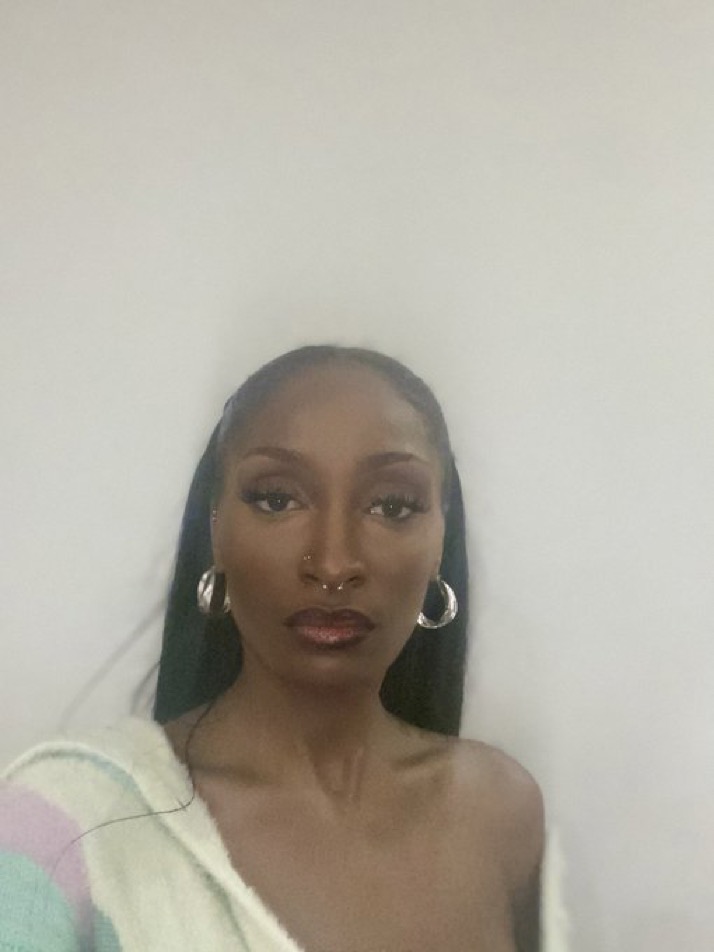
Breya M. Johnson is a writer based in NYC.
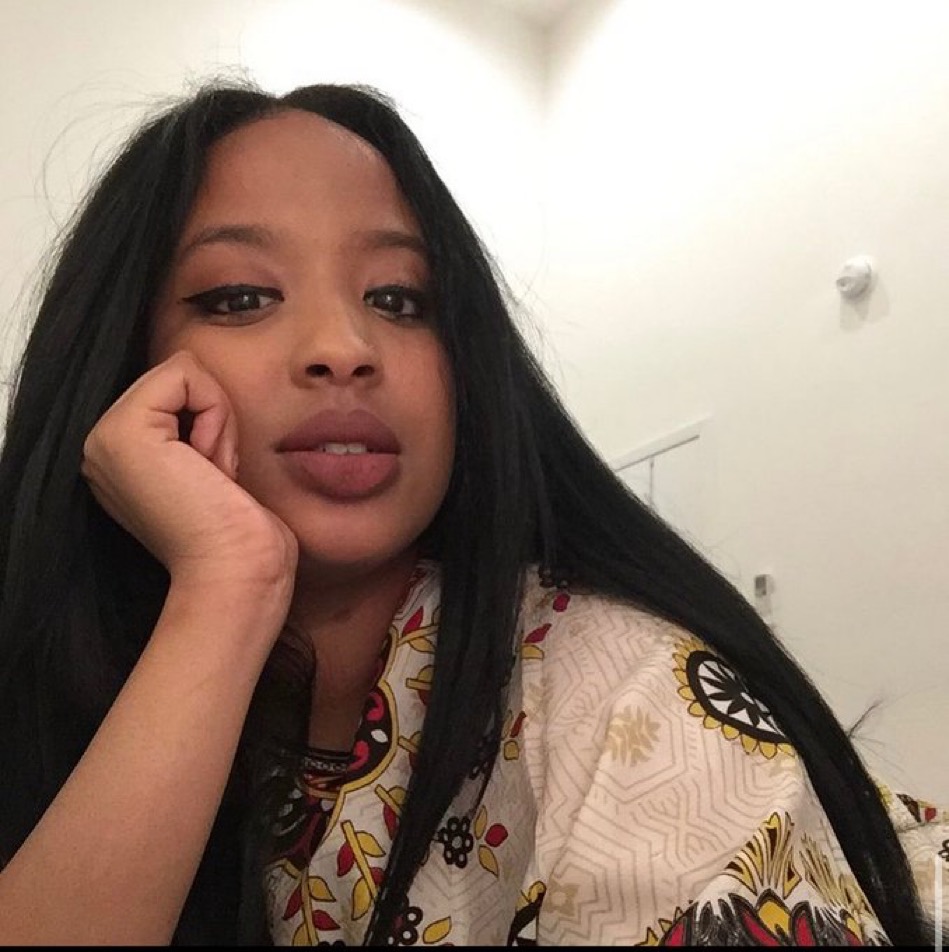
Najma Sharif is a writer and editor based in the void.
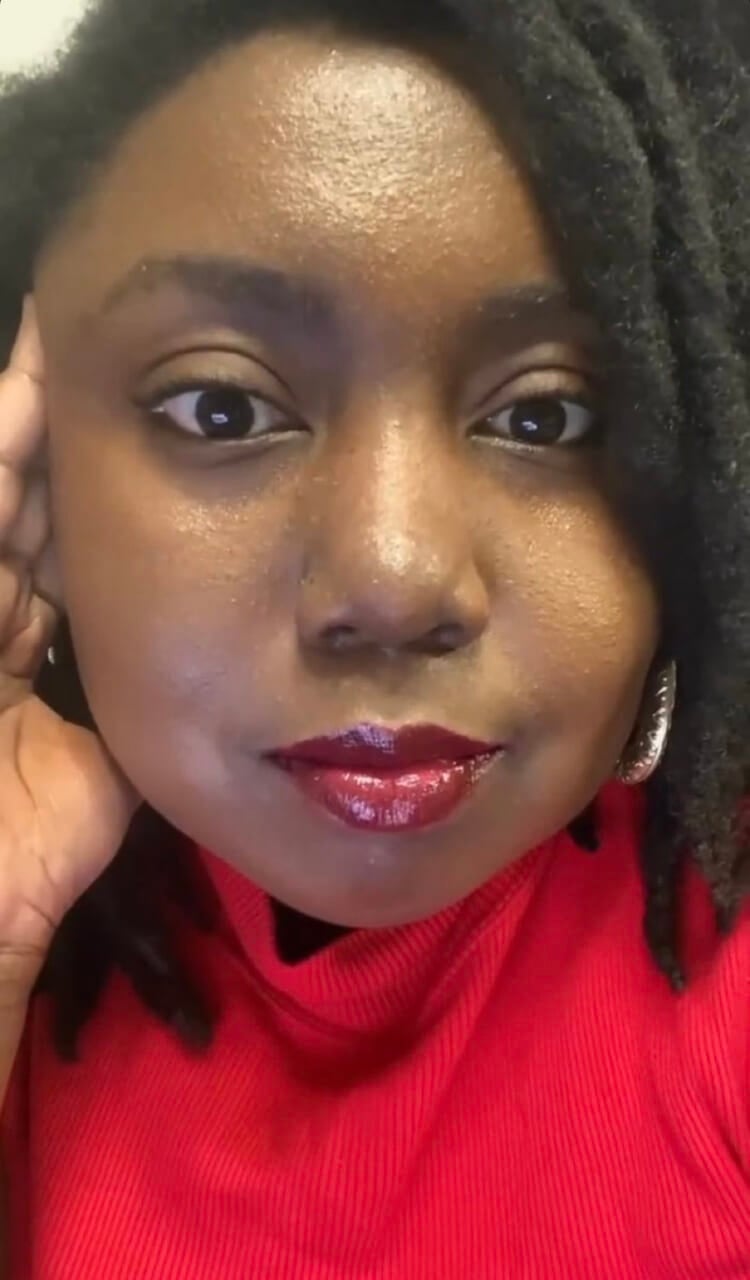
Hanna Phifer is a writer and critic for hire based in Charlotte, N.C.
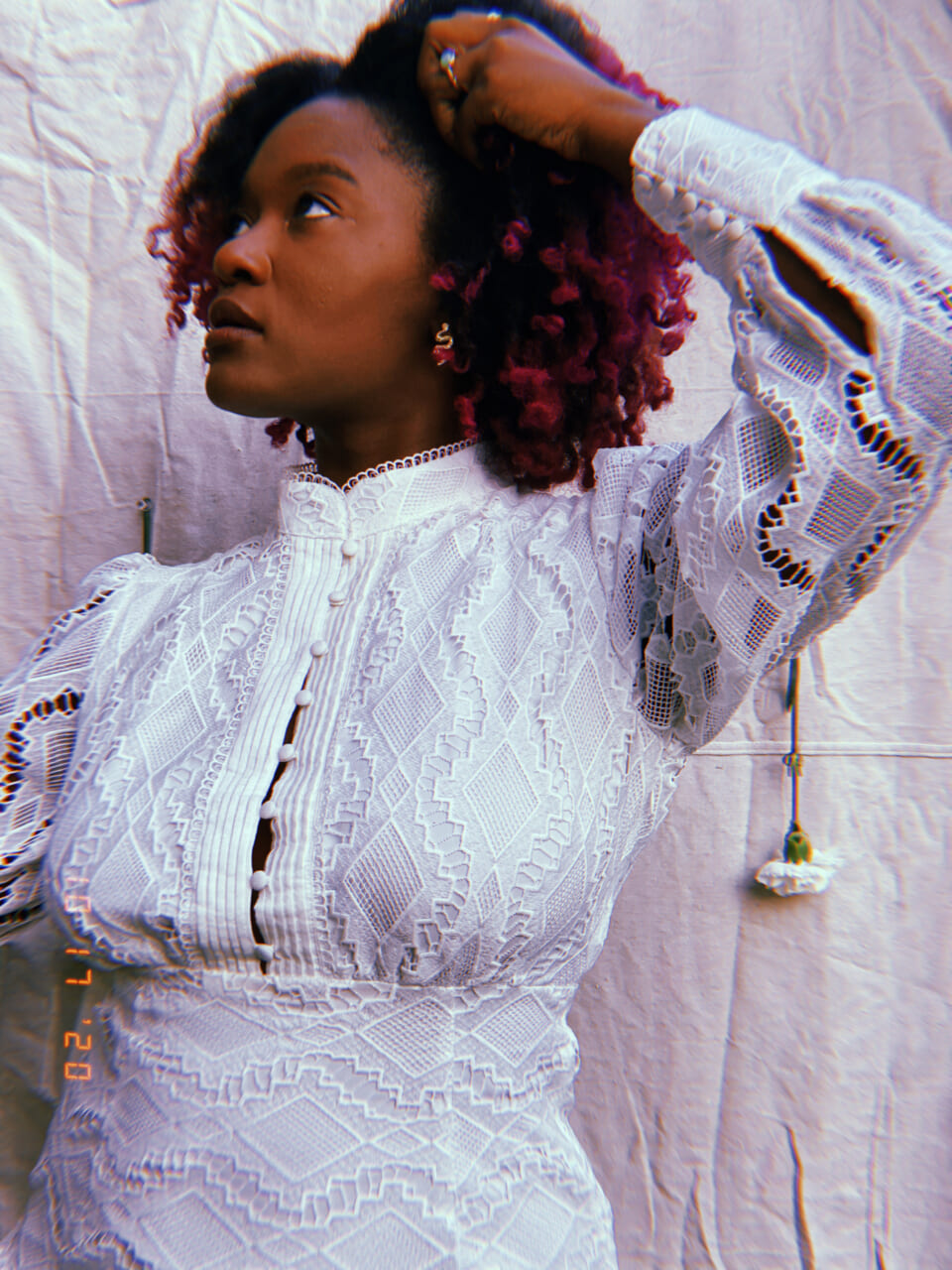
Clarissa Brooks is a writer and cultural worker based in Atlanta. She is trying her best and writing about it along the way.
Have you subscribed to theGrio podcasts “Dear Culture” or “Acting Up?” Download our newest episodes now!
TheGrio is now on Apple TV, Amazon Fire and Roku. Download theGrio.com today!
